As Hurricane Milton threatens Florida’s west coast on October 9, 2024, authorities urge residents to take immediate action. With potentially catastrophic winds and storm surges, evacuation zones have been established to ensure public safety.

To protect yourself and your loved ones, it’s crucial to understand the risks associated with Hurricane Milton. This includes severe rain, powerful winds, flooding, and tornadoes that can occur far inland.
Before the storm hits, take the following steps:
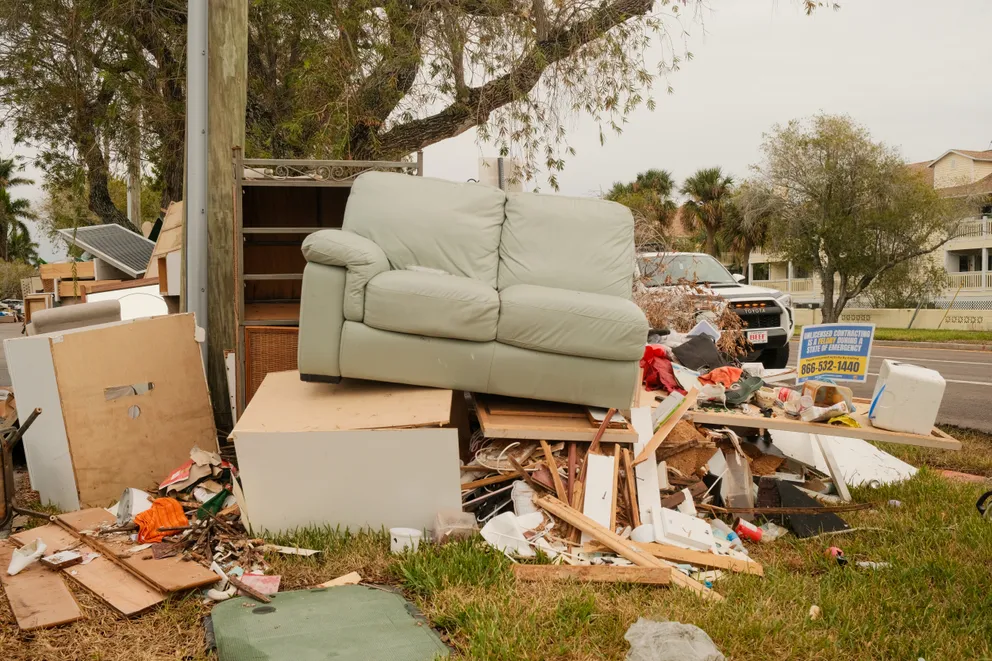
Familiarize yourself with evacuation zones and emergency plans, including those for work, childcare, and frequently visited locations. Assemble essential supplies, such as pet food, disinfectants, and medications. Secure outdoor furniture, clean gutters and drains, and consider storm shutters.

Stay informed through local emergency managers, who collaborate with state, municipal, tribal, and territorial agencies. Follow their guidance on specific risks and necessary precautions.
If you reside in an evacuation zone, know your evacuation routes, identify safe shelter, and practice evacuating with your pets.
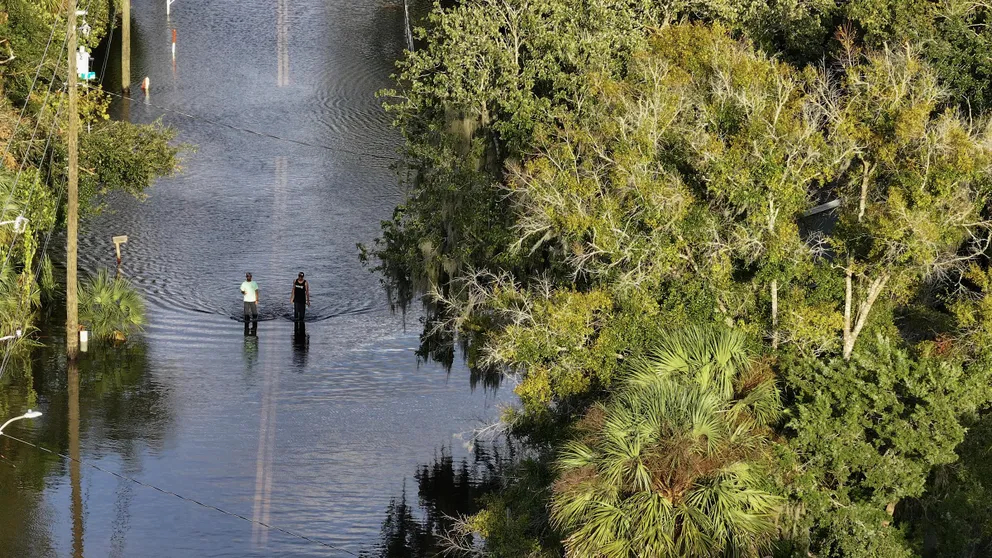
Check on vulnerable neighbors, especially the elderly or those requiring extra support. Ensure they have a hurricane plan in place and offer assistance.
Avoid floodwaters, as six inches of rushing water can sweep you away. Never drive through flooded areas, and prioritize your safety.
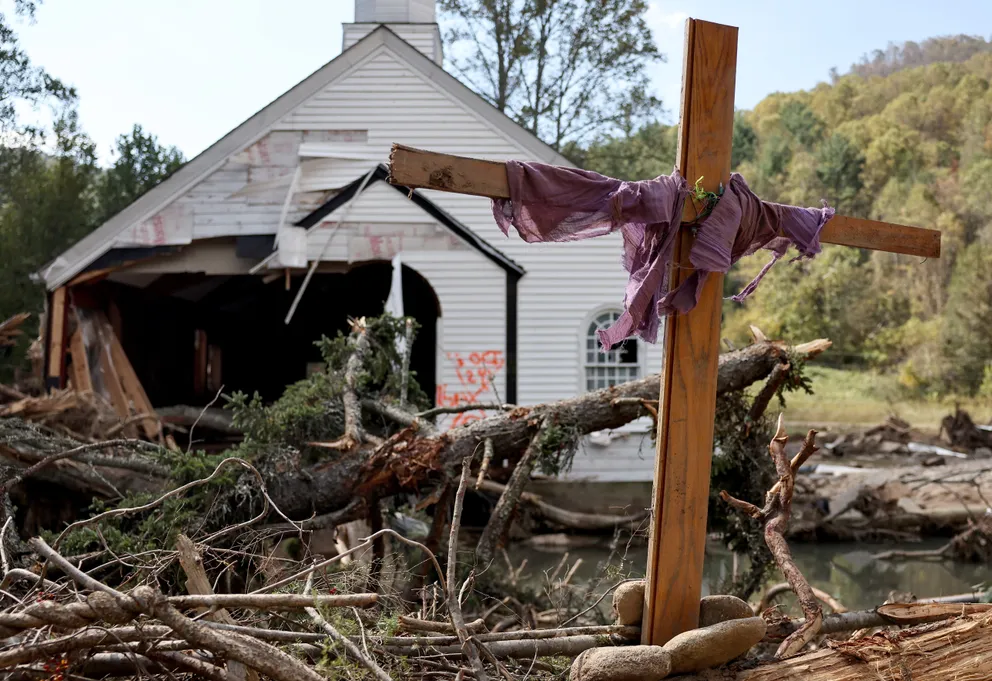
Prioritize mental health during and after the hurricane. Recognize stress and anxiety, and seek help from loved ones, friends, or mental health professionals.
Evacuation orders have been issued for various counties, including:
Charlotte County: Zones A and B, mobile homes, and manufactured homes
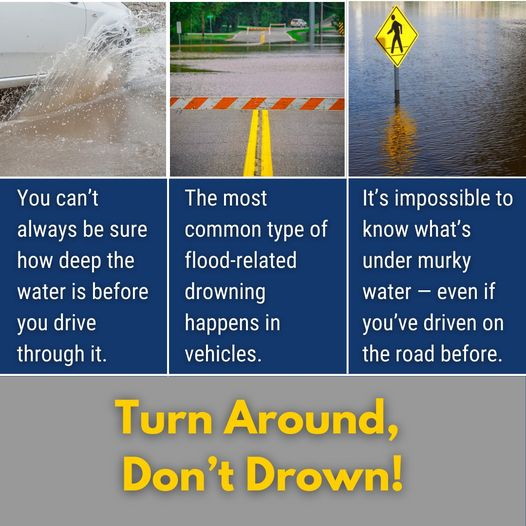
Citrus County: Campers, tents, mobile homes, and manufactured homes
Collier County: Zones A and B, mobile homes, and flood-prone areas
DeSoto County: Low-lying areas, mobile homes, and prefabricated homes
Hillsborough County: Zones A and B, mobile homes, and prefabricated homes
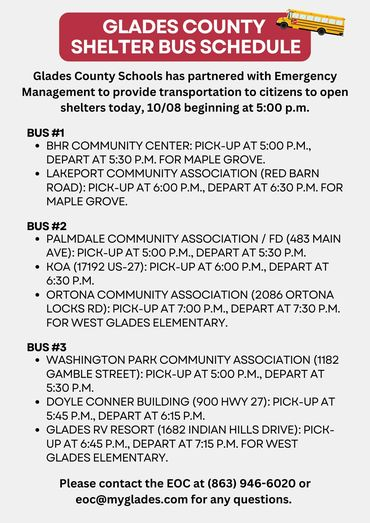
Other counties have issued voluntary evacuation orders or advisories. Stay informed about your area’s specific instructions.
Remember, evacuation zones are in place to save lives. Follow local officials’ guidance, and prioritize your safety above all else.


